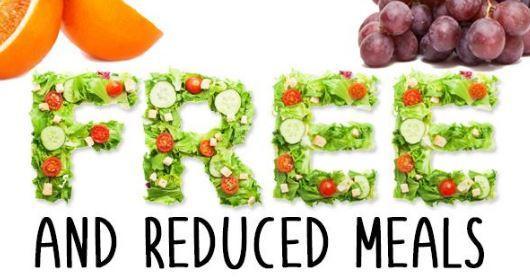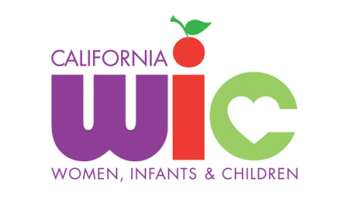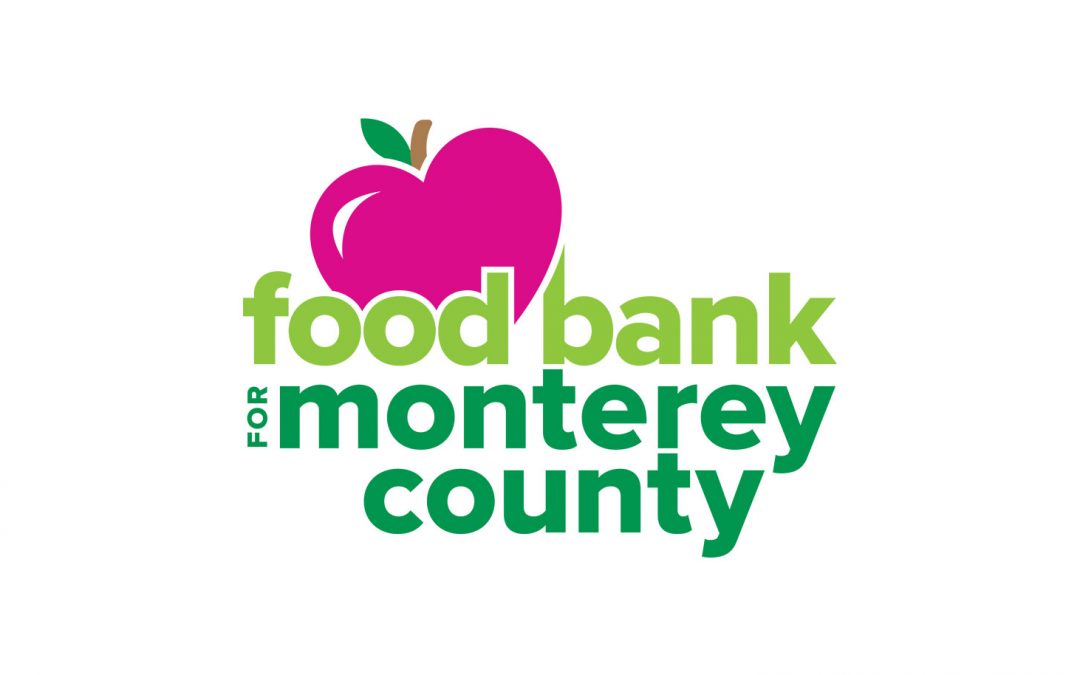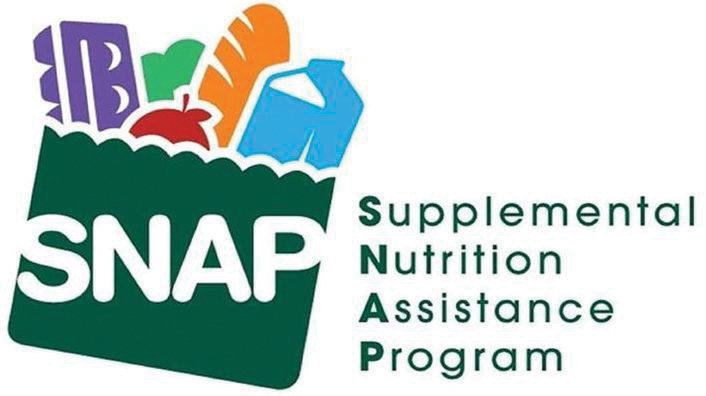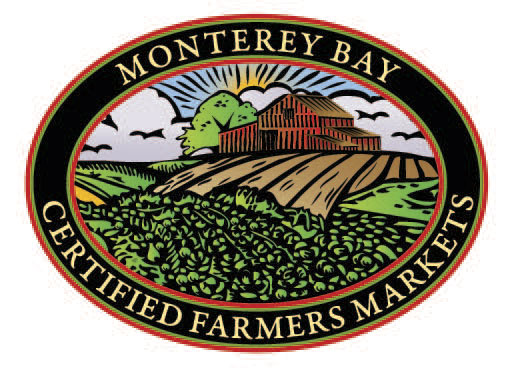Breakfast & Lunch Program
Resources for Parents
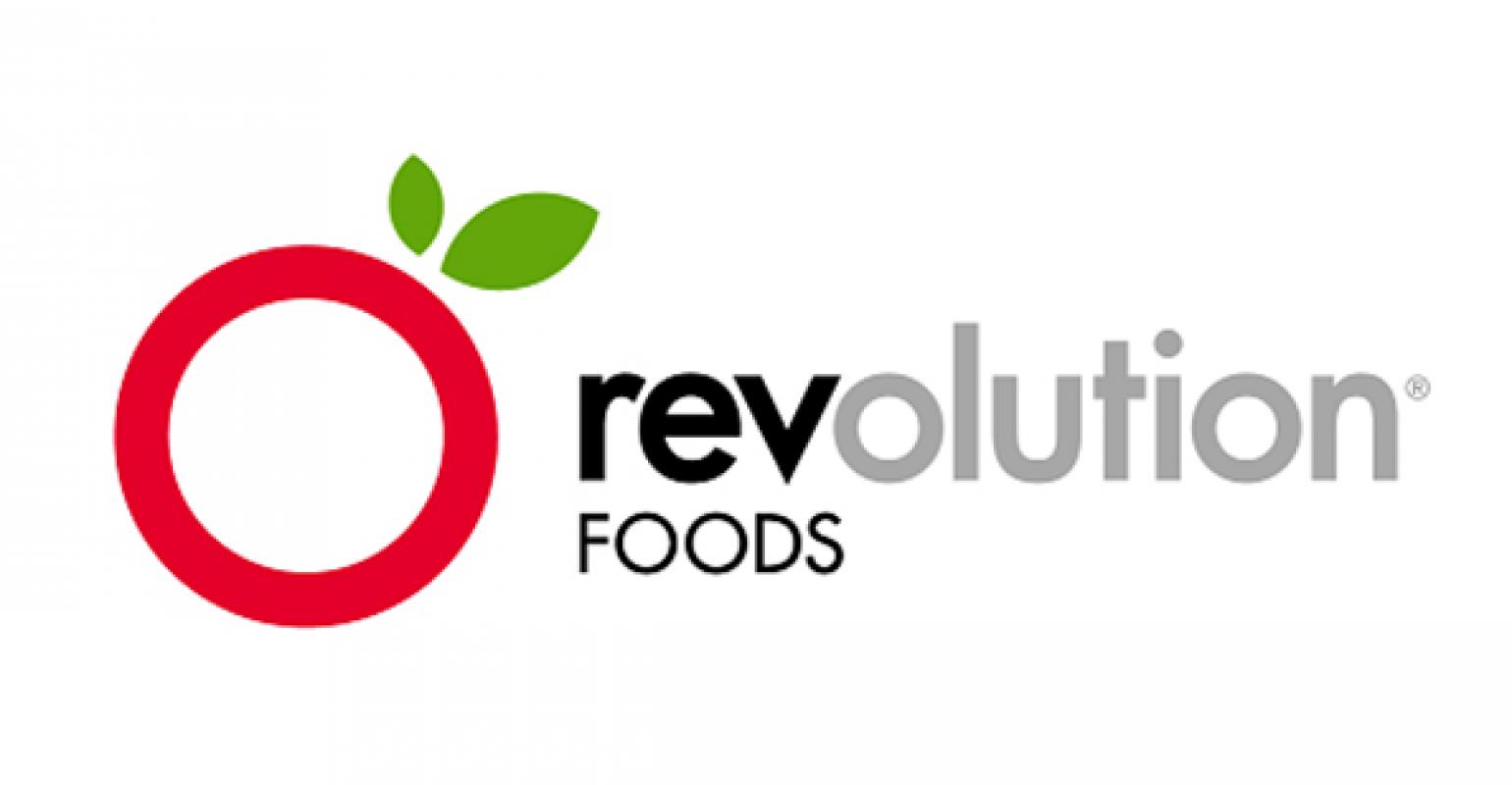
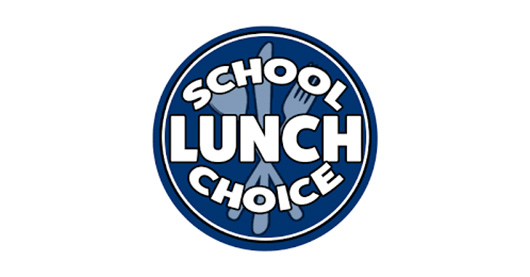
All orders must be submitted by noon Monday the week BEFORE the lunch is served. Instructions
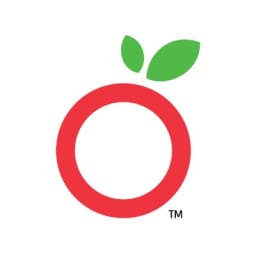
We have teamed up with Revolution Foods to prepare our fresh breakfast, lunch and After School snacks. Revolution Foods aims to use the highest quality ingredients available and adhere to strict food standards. They feature foods that are free of artificial preservatives, colors, flavors or sweeteners and milk that is rBST-free (hormone-free). Lunches are free to all students and include a variety of hot and cold entrées with fresh fruit, vegetables, and milk on the menu daily.
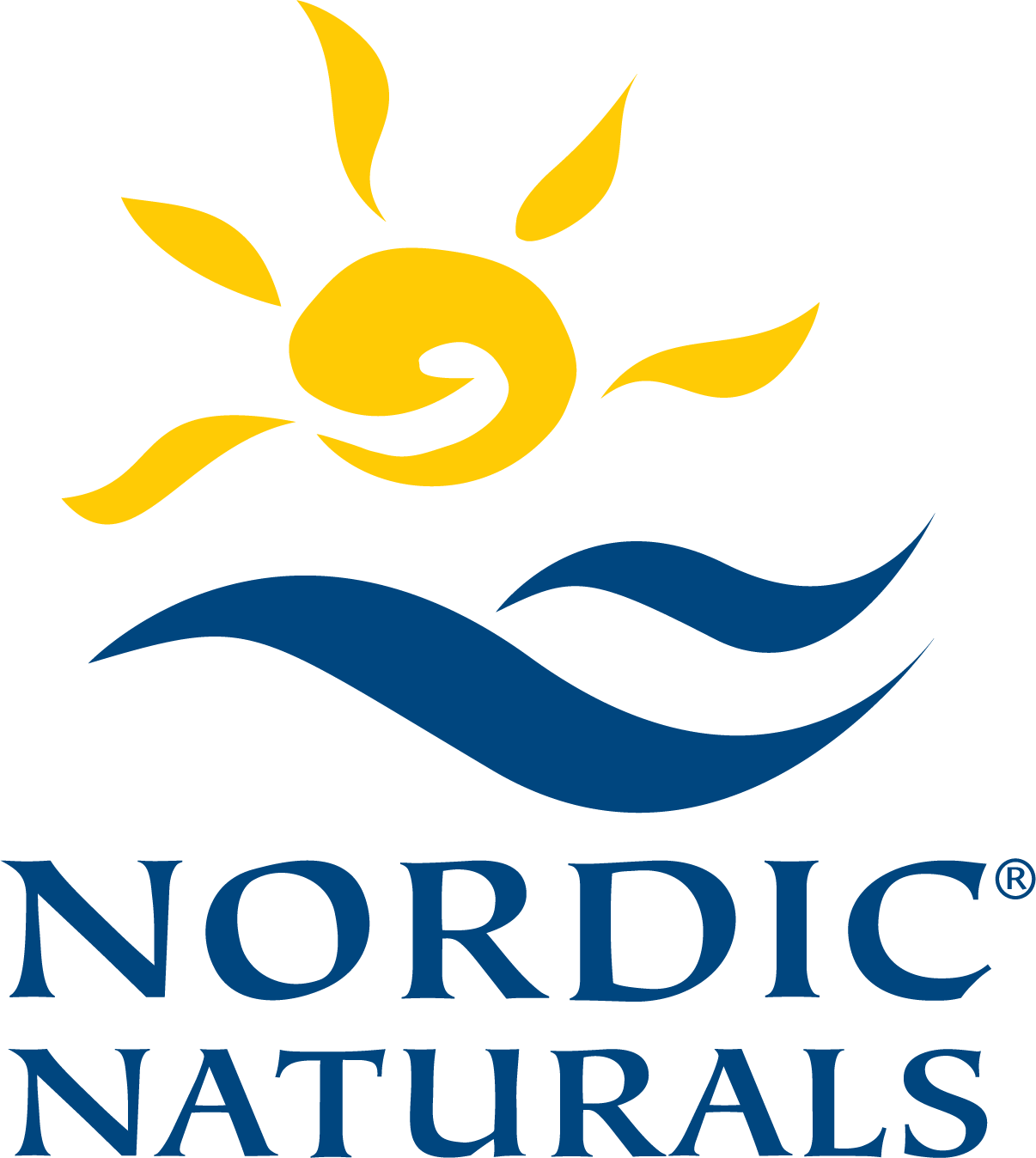
Through a generous partnership with Nordic Naturals, Bay View Academy offers a free Breakfast program for all our students! Along with nutritious breakfast options, Nordic Naturals donates Omega- 3 fish oil supplements for all students to be offered with breakfast daily.
Summer Meal Service
For many kids, summertime means food, friends and fun. For families who count on school breakfast and lunch, however, the summer months can be stressful and family food budgets have to be stretched even further. Free summer meals, funded by the USDA, are available to kids and teens ages 18 and younger at summer meals sites across Monterey County.
Many summer meals sites offer fun learning and recreational activities so kids and teens can eat a healthy meal while staying active and being with friends. Sites are also registered with the USDA and are held at safe local places like schools, churches and community centers.
- Meals are FREE to children and teens ages 18 and younger who come to a summer meals site
- Free summer meals will help families save money and stretch their already tight food budgets
- Food served is healthy and follows USDA nutrition guidelines
- Summer meals sites are at fun, safe places for kids and teens to be active and visit with friends
- No application or proof of income needed. You can just bring your child to a summer meals site in your community
Nutrition Resources
California Women, Infants & Children
For additional support, explore the Women Infants and Children website. WIC provides federal grants to states for supplemental foods, health care referrals, and nutrition education for low-income pregnant, breastfeeding, and non-breastfeeding postpartum women, and to infants and children up to age five who are found to be at nutritional risk.
Food Bank for Monterey County
(EFAP) is the largest supplemental food program the Food Bank operates. United States Department of Agriculture (USDA) food commodities are distributed at 26 sites throughout Monterey County via tailgate distribution on a monthly basis.On average through this program, they serve 8,500 households per month, with a total of 2.6 million pounds of food annually.
SNAP
SNAP offers nutrition assistance to millions of eligible, low-income individuals and families and provides economic benefits to communities.SNAP is the largest program in the domestic hunger safety net. The Food and Nutrition Service works with State agencies, nutrition educators, and neighborhood and faith-based organizations to ensure that those eligible for nutrition assistance can make informed decisions about applying for the program and can access benefits.
Monterey Bay Certified Farmers Markets
Founded in 1976, the Monterey Bay Certified Farmers Markets are the oldest and largest farmer’s markets on the Central Coast with four locations: Aptos, Carmel and two in Monterey. Each has its own unique style that reflects its community and operates year round, except for Carmel and Del Monte.
Recipients of the Supplemental Nutrition Assistance Program (SNAP) or CalFresh can access their food benefits electronically Fridays at the Monterey Peninsula College Farmers Market. EBT processing is available from 10 a.m. – 1 p.m. at a booth near the food vendors.
In accordance with federal civil rights law and U.S. Department of Agriculture (USDA) civil rights regulations and policies, this institution is prohibited from discriminating on the basis of race, color, national origin, sex (including gender identity and sexual orientation), disability, age, or reprisal or retaliation for prior civil rights activity.
Program information may be made available in languages other than English. Persons with disabilities who require alternative means of communication to obtain program information (e.g., Braille, large print, audiotape, American Sign Language), should contact the responsible state or local agency that administers the program or USDA’s TARGET Center at (202) 720-2600 (voice and TTY) or contact USDA through the Federal Relay Service at (800) 877-8339.
To file a program discrimination complaint, a Complainant should complete a Form AD-3027, USDA Program Discrimination Complaint Form which can be obtained online at: https://www.usda.gov/sites/default/files/documents/ad-3027.pdf, from any USDA office, by calling (866) 632-9992, or by writing a letter addressed to USDA. The letter must contain the complainant’s name, address, telephone number, and a written description of the alleged discriminatory action in sufficient detail to inform the Assistant Secretary for Civil Rights (ASCR) about the nature and date of an alleged civil rights violation. The completed AD-3027 form or letter must be submitted to USDA by:
- mail:
U.S. Department of Agriculture
Office of the Assistant Secretary for Civil Rights
1400 Independence Avenue, SW
Washington, D.C. 20250-9410; or - fax:
(833) 256-1665 or (202) 690-7442; or - email:
[email protected]

